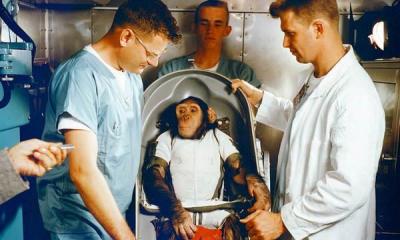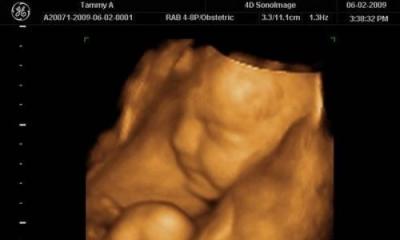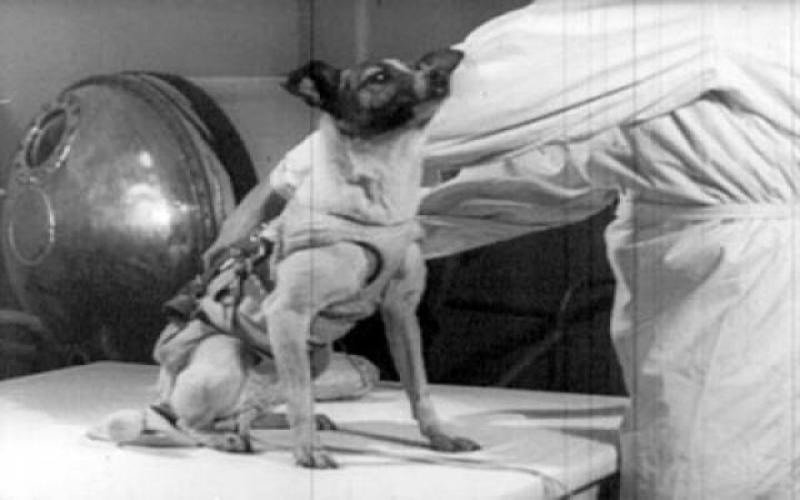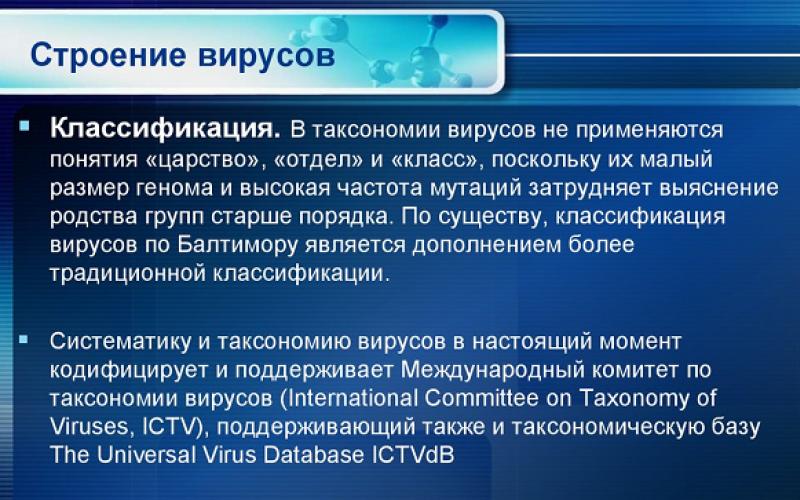Many people neglect the doctor's recommendations and use strong drinks even in situations where they are categorically contraindicated. One such situation is surgery. What is the effect of alcohol after surgery? What can such a combination lead to?
Can I drink alcohol after surgery? After an appendectomy, it is strictly forbidden to drink strong drinks. After removing the appendix, doctors even prescribe a special diet because the body is too weak to digest certain types of food. The ban is due to several factors:
- taking antibiotics;
- the use of anesthesia;
- weakened digestive system.
During the rehabilitation period, the patient is prescribed a course of antibiotics, which prevents the development of infection. Ethanol, entering into a chemical reaction with the active components of the drug, has a detrimental effect on the body. The therapeutic effect of the antibiotic decreases, while alcohol intoxication increases. After an appendectomy, it is strictly forbidden to take strong drinks.
An appendectomy is performed under anesthesia. After general anesthesia, the body is weakened, so ethyl alcohol is categorically incompatible with anesthesia. This combination can lead to serious complications, even death. When removing the appendix in alcoholics, a weaker type of pain relief is used, because their liver is depleted and weakened.
Alcohol after removal of appendicitis has a negative effect on the work of the central nervous system. After anesthesia, the nervous system is weakened, so ethanol has a double burden on the central nervous system. Alcohol after anesthesia can lead to hallucinations, delirium, difficulty breathing, and temporary blindness.
After an appendectomy, the organs of the digestive system have a serious burden. When drinking strong drinks, ethyl alcohol is absorbed into the blood and distributed throughout the body. If you drink alcohol after the operation, then you should not count on the rapid fusion of the tissues of the surgical incision. Also, ethyl alcohol has a detrimental effect on the mucous membranes of the organs of the gastrointestinal tract, causing their inflammation.

A powerful load after the operation falls on the liver. This body is working fast. If you want to keep the liver intact, then refrain from alcohol during the rehabilitation period, otherwise you risk earning cirrhosis.
During the rehabilitation period, doctors prescribe a sparing diet to the patient. Fried, fatty, spicy, smoked, canned, sweet dishes are excluded from the diet. It is allowed to eat steamed, baked or boiled food. In the process of rehabilitation, strong drinks are unacceptable, since intoxication occurs faster and the risk of developing intoxication is quite high.
After an appendectomy, it is forbidden to drink low-alcohol carbonated drinks (beer or champagne). Getting into the digestive organs, they cause fermentation processes. In this case, the patient has gas formation and bloating, which is extremely dangerous after the removal of appendicitis.
Alcohol without complications
When is alcohol allowed? Each specific case is considered individually. If the appendectomy went without complications, then the rehabilitation period will not be long. One of the important factors influencing the healing process is the age of the patient. At the age of 25-30 years, tissues are regenerated and restored much faster than in people over 35 years old. Subject to all the recommendations of the doctor and the absence of concomitant diseases, alcohol is allowed to be consumed after 2-3 weeks. If after the removal of appendicitis there are complications (suppuration, divergence of seams), then you should refrain from strong drinks for 1.5-2 months.

Drinking alcohol after appendicitis should be extremely careful. No need to abuse. Strong drinks or sparkling wines should be avoided. You can start with red wine. It will help restore strength and normalize blood circulation. Alcohol should be consumed in small doses. For the first time, 100 ml is enough. If there are no alarming symptoms, then the dose can be gradually increased. If you experience discomfort, you should immediately see a doctor.
Postoperative complications
According to medical statistics, the risk of complications in patients who drink alcohol before or after surgery is much higher. Ethyl alcohol and anesthesia are absolutely incompatible. Anesthesia is a temporary loss of tissue sensitivity under the influence of medicinal anesthetic substances. Their main task is to block the transmission of nerve impulses. As a result, the signals do not reach the brain, so the patient does not feel pain.

The effect of anesthesia after the operation lasts another 2-3 hours. If you drink a little alcohol after surgery, then the effect of the painkiller disappears instantly. A similar reaction can be observed if alcohol was drunk before the operation. In this case, additional anesthesia will not bring the desired result.
Any surgical intervention for the body - stress. Drinking alcohol after surgery can lead to serious disorders. Possible complications include:
- headache;
- clouding of consciousness;
- nausea;
- lowering blood pressure.
Ethyl alcohol negatively affects blood clotting. It makes it too thick. Erythrocytes in the blood stick together and form clots that clog blood vessels and small capillaries. Alcohol after surgery can cause a stroke, heart attack, or hemorrhage.
Under the influence of ethanol, the vessels dilate, which can lead to internal bleeding.
In individuals who have abused before surgery, recovery from general anesthesia is difficult. Such a process is often accompanied by symptoms of a hangover, anaphylactic shock, delirium tremens, or impaired consciousness. These symptoms negatively affect the patient's health and further cause a difficult rehabilitation period.
Appendectomy should be approached as responsibly as possible. Alcohol should be avoided both before and after surgery. Drinking during rehab is a bad idea. The body after anesthesia is very weakened, so a small dose of alcohol can harm health and negate the result of the operation. It is much easier to ruin health than to restore it.








